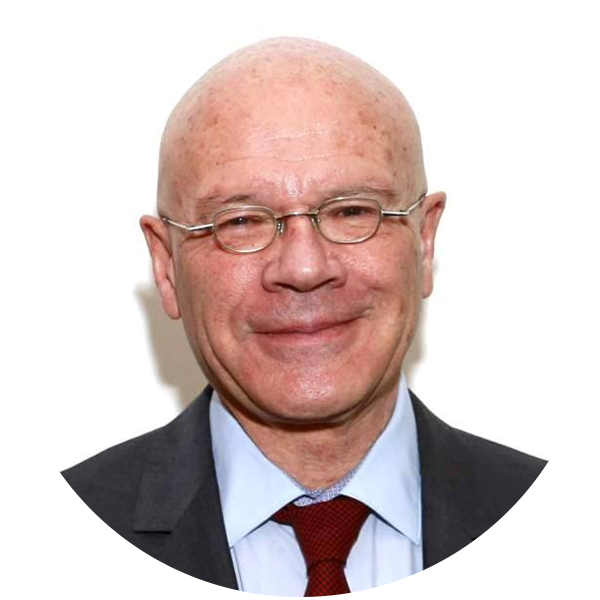
Illustration: Liu Rui/Global Times
How, after nearly 76 years in power, can the Communist Party of China (CPC) be enjoying one of the most memorable periods in its history? Whether a Western government serves a relatively short period in office or a rather longer one, there are two main reasons why it becomes unpopular and loses office: first, it runs out of ideas; and second, the electorate decides it is time for a change. A major problem with this form of governance is that it breeds a short-term mentality among both the people and political parties.
While a Western nation is perceived to be doing reasonably well, it can enjoy relatively stable governance. During periods of relative prosperity, Western-style democracies functioned in a way that the vast majority found acceptable. The mantra of Western leaders during this period has been that Western democracy is far superior to other forms of governance and should be adopted by every nation. Western universalism holds that democracy is a system for all seasons, regardless of the conditions.
However, times have changed. The decline of the West is visible everywhere. The European economies are barely growing, living standards are stagnating, and, with the rapid growth of the far right, politics is becoming increasingly polarized. American democracy is now under assault from within. The voices that once boasted about Western democracy have gone quiet. None of this should really surprise us. The success or failure of Western democracy has always depended on historical conditions. Once more, Western democracy is facing an uncertain future.
China could not be more different. Under the CPC, the country has been transformed. The CPC has been in power for almost 76 years, yet it remains as dynamic, forward-looking and popular as ever, if not more so. Far from being old and moribund, it exudes a youthful vitality. Here is the rub that confounds Western norms: longevity, rather than being a disadvantage, can be a great asset. It has enabled the CPC to think long-term. The changes that truly matter - those that transform a country and change the world - are not the work of five years, but of many decades, as the period since 1978 has demonstrated. A Western-style democracy would have been quite incapable of presiding over such a transformation.
We should not assume, however, that China's governance, or the position and role of the CPC, is somehow automatic or God-given. On the contrary, it has to be worked for; the support of the people must be won and constantly renewed. If the CPC were to take its position for granted, it would progressively lose contact with the people and find its roots growing ever weaker.
What is remarkable about the CPC has been its ability to renew itself, to move with and stay ahead of the times, and thereby provide leadership to the nation and the people. The growth of corruption in the first decade of this century threatened the role of the Party, and how it was perceived by the people, as well as their faith and their belief in it. The state is one of China's great jewels, but if it is corrupted from within, if it is seen by officials as a vehicle for their own interests rather than for the benefit of the people, this is bound to undermine how the Party is regarded and to undermine trust in it.
Chinese President Xi Jinping's campaign against corruption, initiated after his election in 2012, and which has continued to this day, has renewed people's faith in and respect for the Party, reinforcing the belief that the Party has their best interests at heart and that they could look up to it as their representative. It is a battle that has to be fought and refought. The temptations of corruption will never go away. This is why the Party must operate by the strictest moral code. The richer the country becomes, the more important this will be.
The Party must constantly reform itself. It must always remain in touch with the people, and be on the same wavelength as them. This is a difficult challenge especially given the rapid pace of change in China. That is why the self-reform of the Party has never been more important.
The author is a visiting professor at the Institute of Modern International Relations at Tsinghua University and a senior fellow at the China Institute, Fudan University. Follow him on X @martjacques. opinion@globaltimes.com.cn


